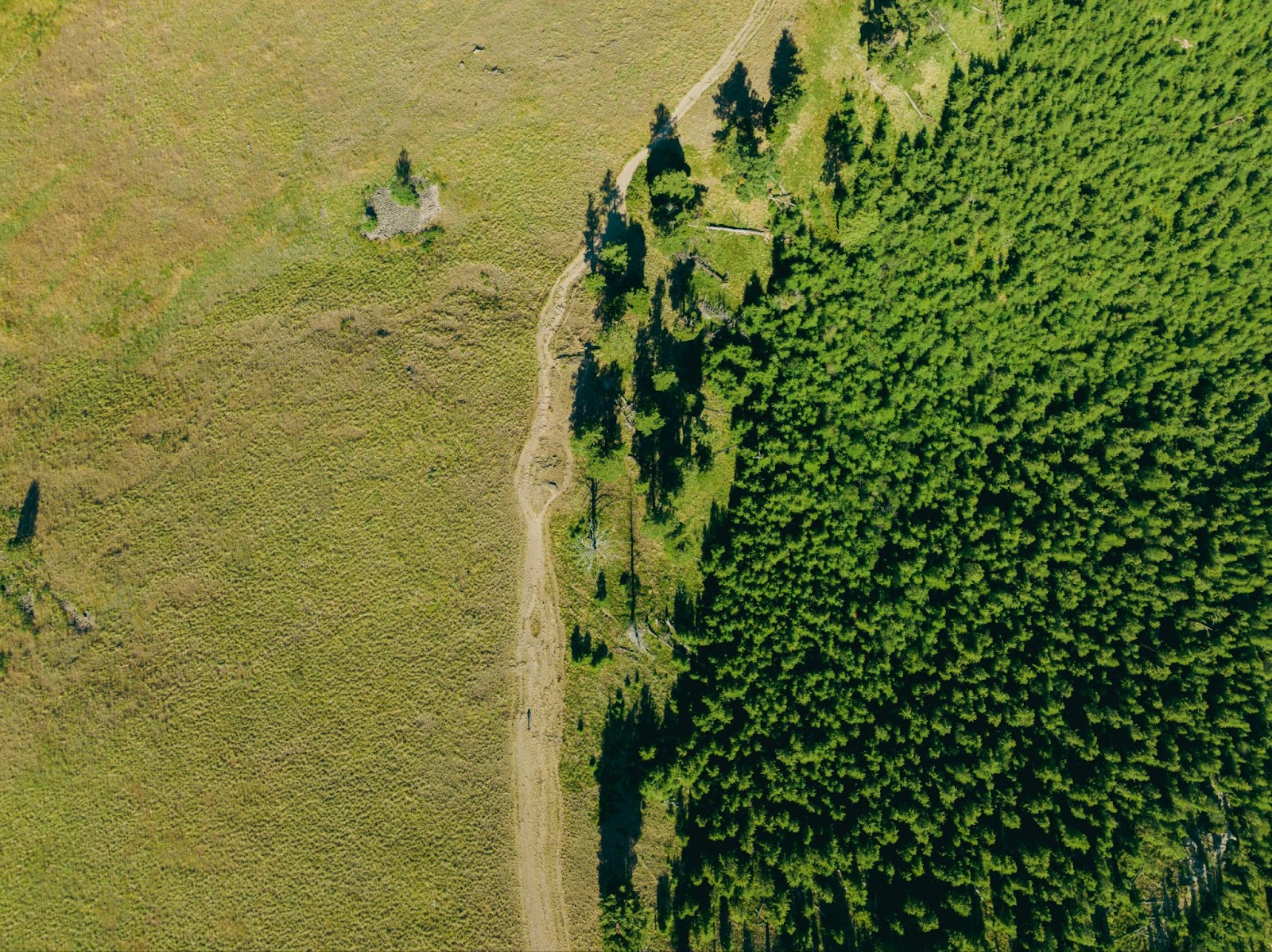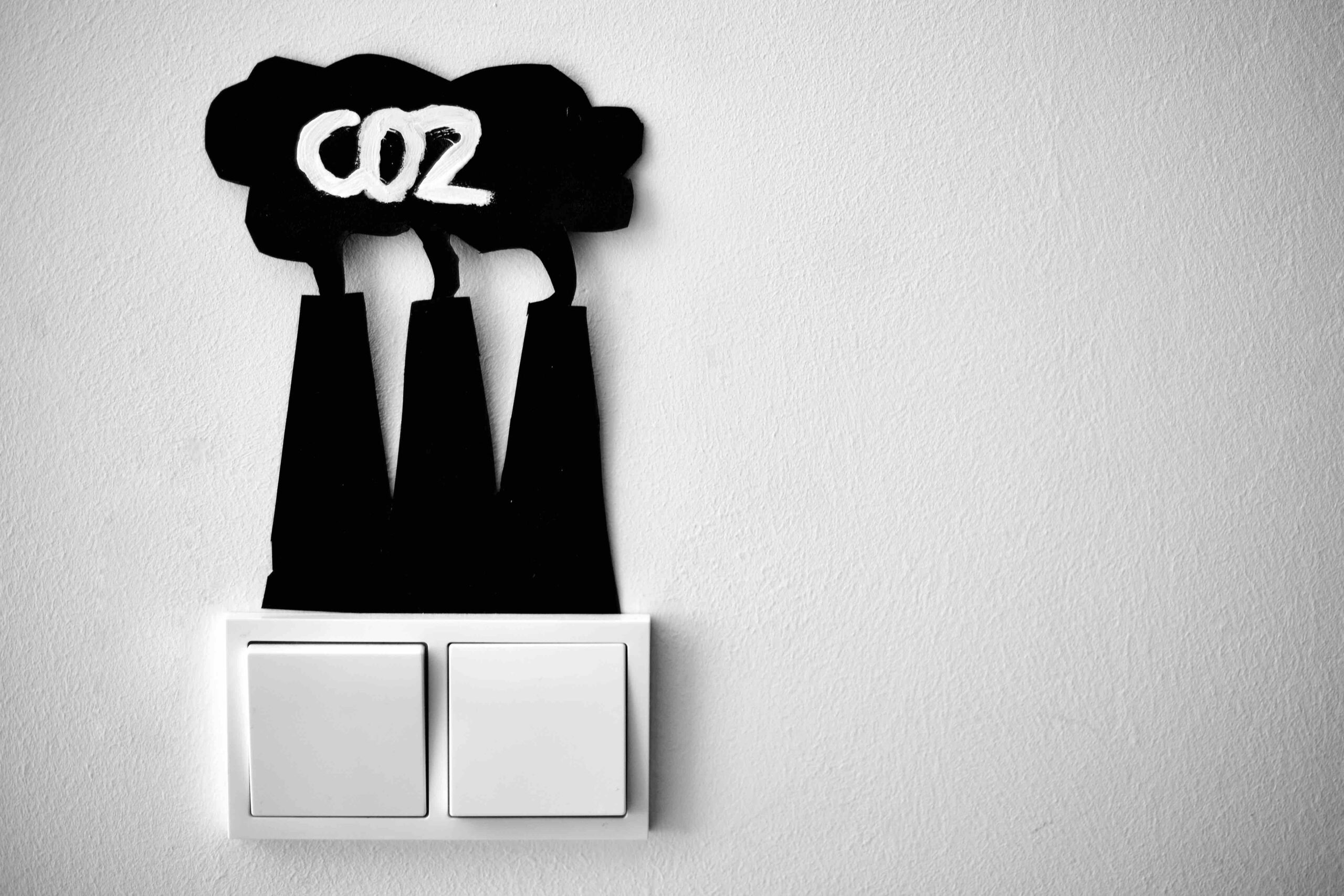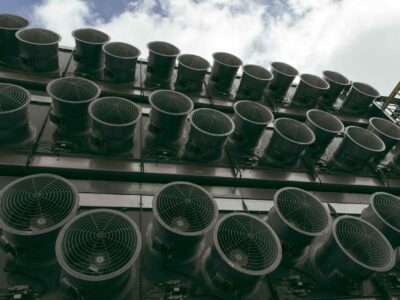A corporate buyers group called Frontier, a coalition of tech executives from Alphabet, Meta, and other major tech companies, is investing in a new type of carbon capture.
Frontier has allocated $58.3 million for a contract to bury sludge in underground wells. This method would help quell carbon dioxide (CO2) and methane emissions, the leading greenhouse gas (GHG) pollutants.
Frontier was established in 2022 after its founding investors raised nearly $1 billion for carbon removal. The buyers’ group will work with Vaulted Deep, a Houston-based startup specializing in underground carbon and industrial waste removal.
Organic materials like manure and paper pulp are some of the biggest emitters. Previous disposals required using large pastures to spread out the material. Often, it is incinerated, which generates more GHGs. Vaulted Deep buries these organics deep underground, almost to bedrock. This method is permanent carbon removal for up to 10,000 years or more.

Photo Courtesy Yohan Marion
Underground injection has been used in the oil and gas industry for decades to remove waste products. The pipe-in-pipe design has an outer cement layer that creates disposal zones with no leaks. Vaulted Deep uses real-time monitoring to maximize carbon sequestration. The carbon will be synthesized from the organic sludge and then buried underground.
Burying sludge has several environmental benefits. Methane emissions — a GHG 28 times stronger than CO2, according to the United States Environmental Protection Agency — are stored from polluting the atmosphere.
Vaulted Deep says its approach sequesters about 5.8 tons of CO2e a year, protecting human health and local environments from pollution.
Research also shows that many disposal areas are in underserved communities, so Vaulted Deep is making a concerted environmental justice effort.
“Vaulted went from inception to delivering thousands of tons in just eight months and is now among the first carbon removal companies to sign a multi-million dollar offtake agreement,” Hannah Bebbington, strategy lead at Frontier, said in a news release. “This shows what’s possible when the expertise of traditional industry players is repurposed for carbon removal.”

Graphic Courtesy Frontier
Frontier sees this solution as a flexible, low-cost waste reduction solution. The process is estimated to cost less than $100 per ton thanks to three factors:
- Photosynthesis naturally sequesters the carbon buried,
- The slurry injection can be done with minimal feedstock processing and
- Inexpensive facility capital expenditure.
Partnerships with local waste partner sites, which can transport the sludge to Vaulted Deep’s well, will mitigate transportation costs. This approach can also improve soil, water, and air quality.
Biomass disposal is controversial since it normally spreads across a large area of land, which can lead to biodiversity issues and contamination of groundwater supplies. Frontier published a guide for the criteria it used when working with Vaulted Deep. The BiCRS (pronounced bikers) are estimated to remove up to 5 gigatons of carbon globally.





